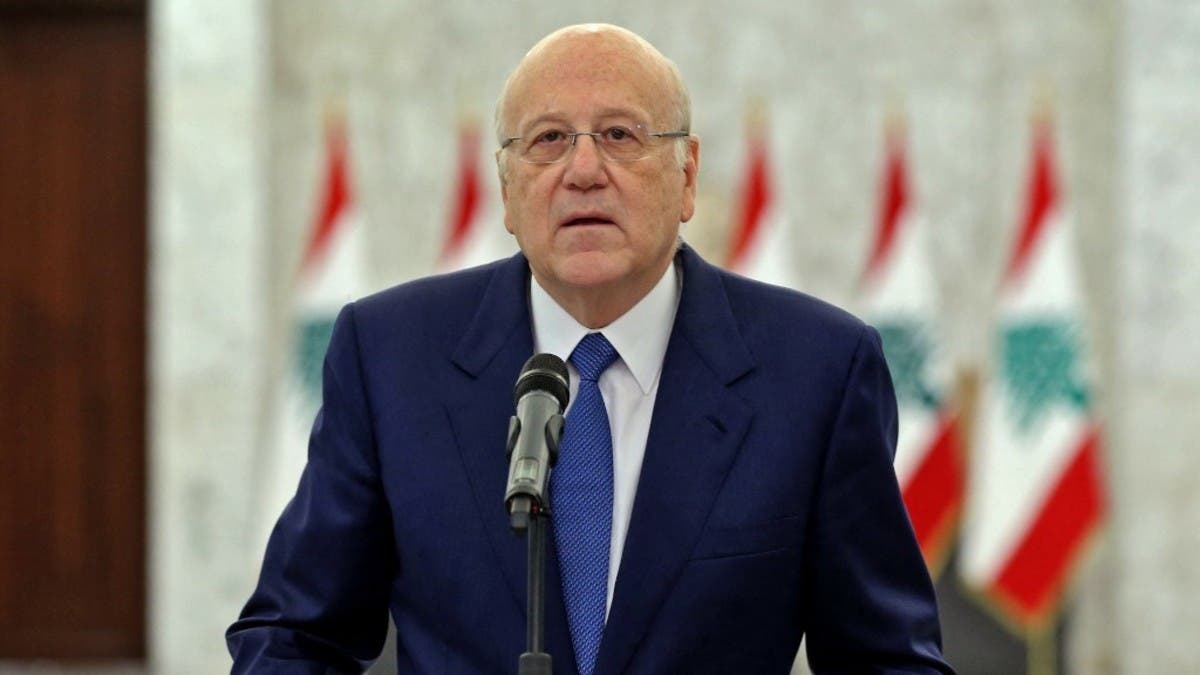Lebanon’s prime minister said on Wednesday the government had not interfered with the judiciary’s work, after reports that he had put pressure on a judge seeking data from banks in an investigation into the conduct of the central bank governor.
Prime Minister Najib Mikati said last month that veteran Governor Riad Salameh, who is at the center of domestic and
international probes over allegations ranging from fraud to embezzlement, should stay in his job to avoid adding to problems in Lebanon as it navigates a deep financial crisis.
For the latest headlines, follow our Google News channel online or via the app.
“It is also necessary to clarify what came out yesterday (Tuesday) about matters related to the judiciary. In this context, I say it is not true that we interfered in the work of the judiciary or in any decision taken by the judiciary,” Mikati told a news conference.
Al Akhbar and other Lebanese news outlets said Mikati had called the country’s top prosecutor, Ghassan Oueidat, and threatened to resign if Judge Jean Tannous, who is leading one of the probes, continued to press banks for data in his investigation into alleged embezzlement involving the central bank governor’s family.
Oueidat did not immediately respond to a request for comment.
Salameh, who has denied any wrongdoing during his almost three decades leading the central bank, is being probed by the authorities in Lebanon and at least four European countries, including a Swiss inquiry over alleged money laundering.
Another Lebanese judge, Ghada Aoun, who is conducting investigations into other activities by the governor, said on Tuesday she had imposed a travel ban on Salameh and that the next stage would be to seek to question him.
Salameh said on Tuesday he had no knowledge of Aoun’s travel ban order and dismissed allegations ranging from fraud to other acts of misconduct being investigated by Aoun as “part of the campaign to fool the public opinion.”
Mikati told Wednesday’s news conference that the aim of any government actions was “not defending individuals but preserving of institutions” and the rights of depositors, who have been locked out of their accounts during the financial meltdown.
The governor has stayed in his post even as the economy has been crushed by a mountain of debt, the currency has collapsed and swathes of the nation have been driven into poverty.
Read more:
France says UAE to join French-Saudi fund to support Lebanon
Lebanon Central Bank chief Riad Salameh hit by travel ban
Luxembourg opens criminal inquiry into Lebanon cenbank governor Riad Salameh

 World2 years ago
World2 years ago
 World2 years ago
World2 years ago
 Entertainment7 years ago
Entertainment7 years ago
 World7 years ago
World7 years ago
 Entertainment7 years ago
Entertainment7 years ago






